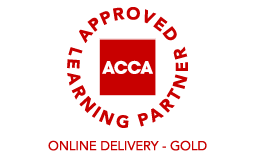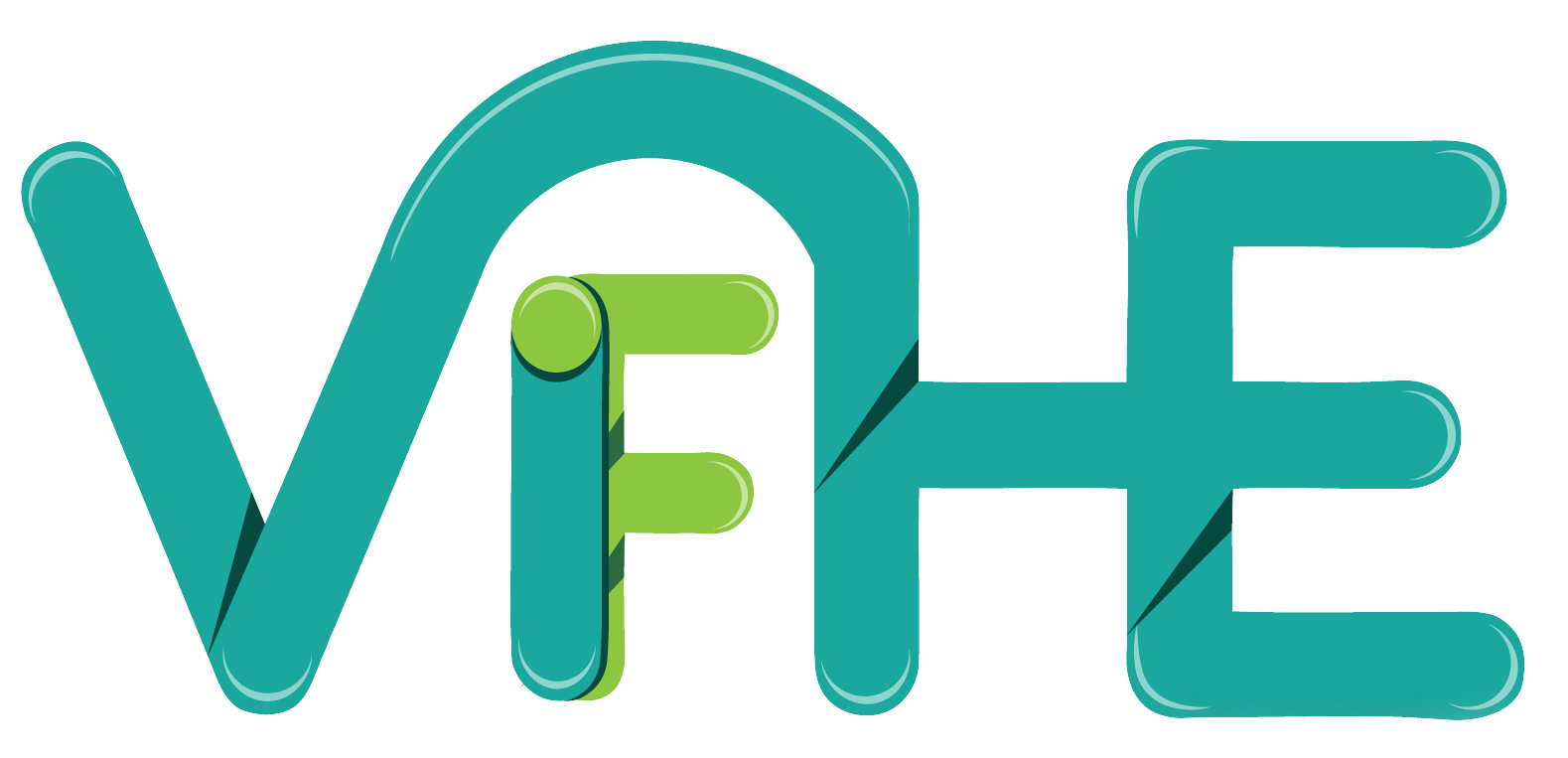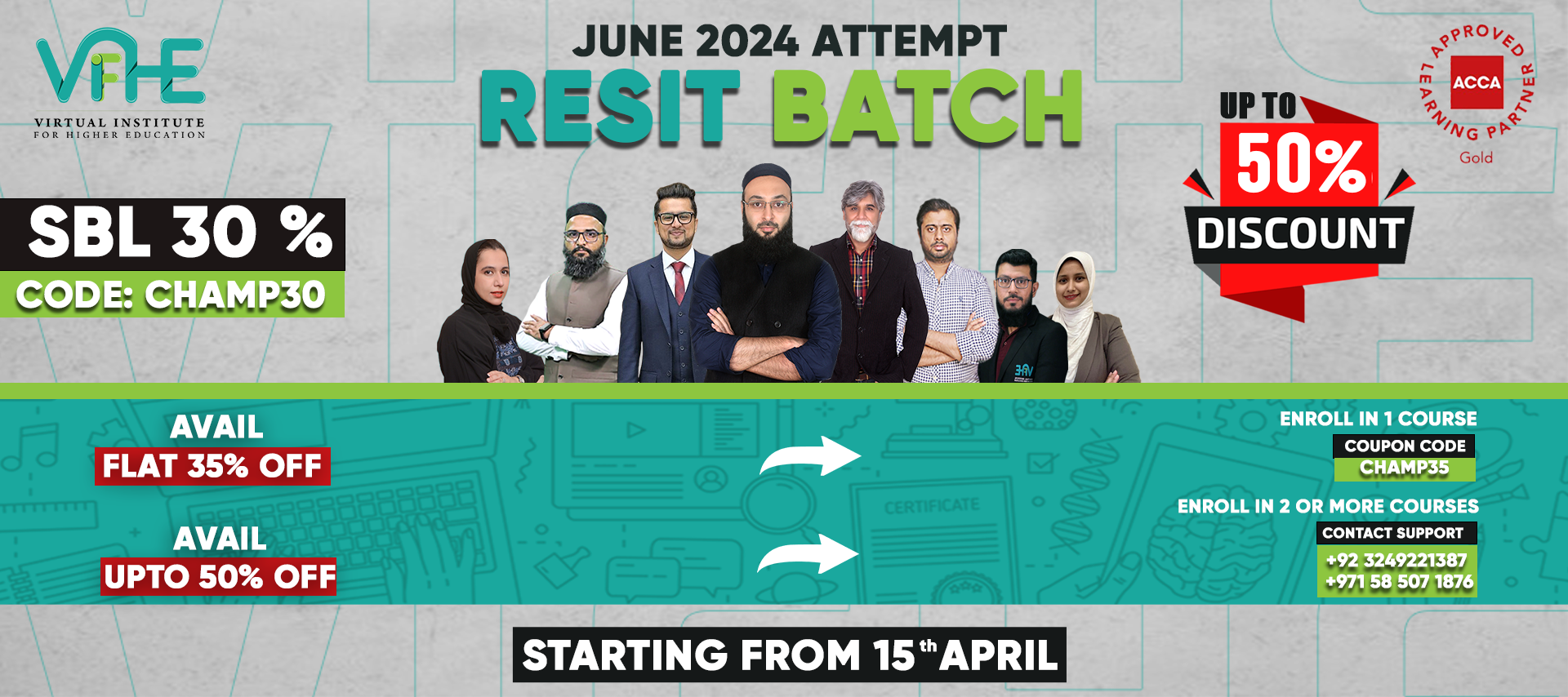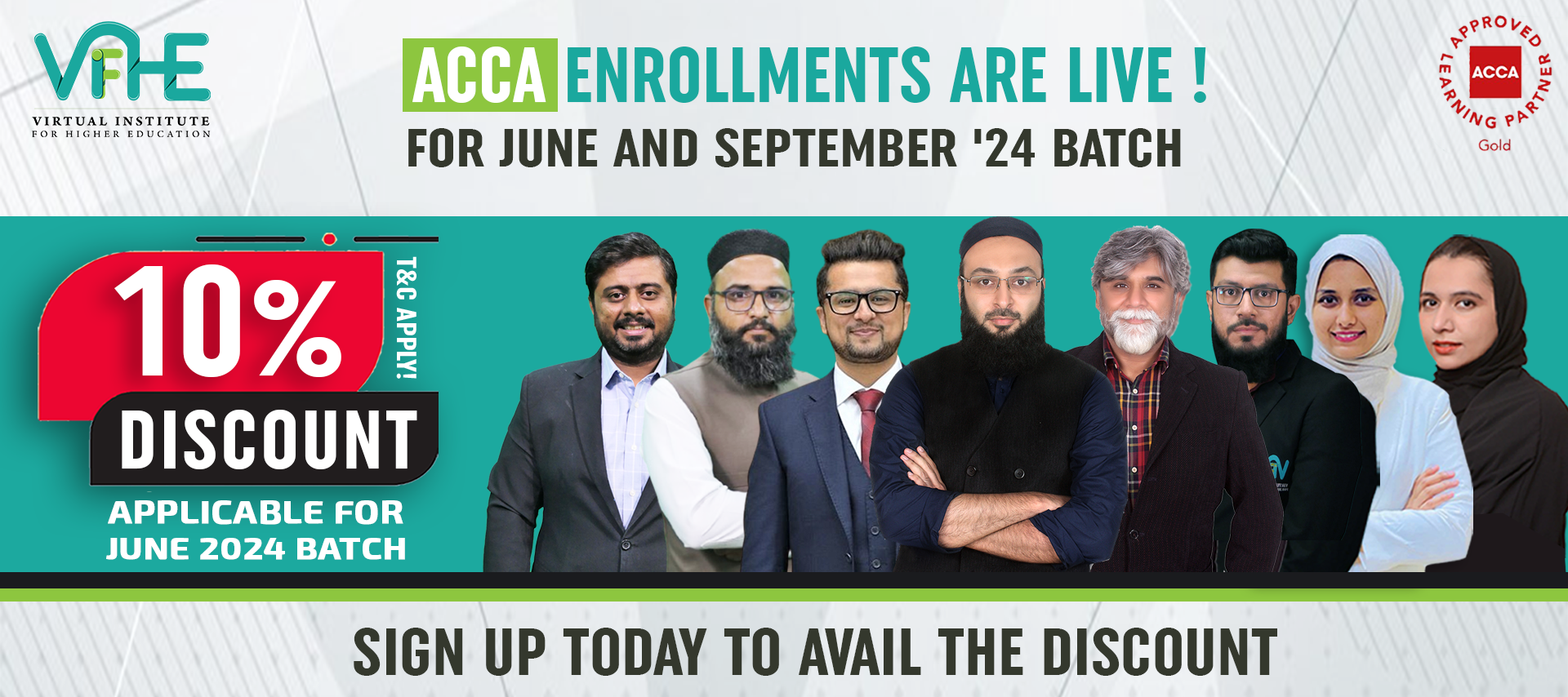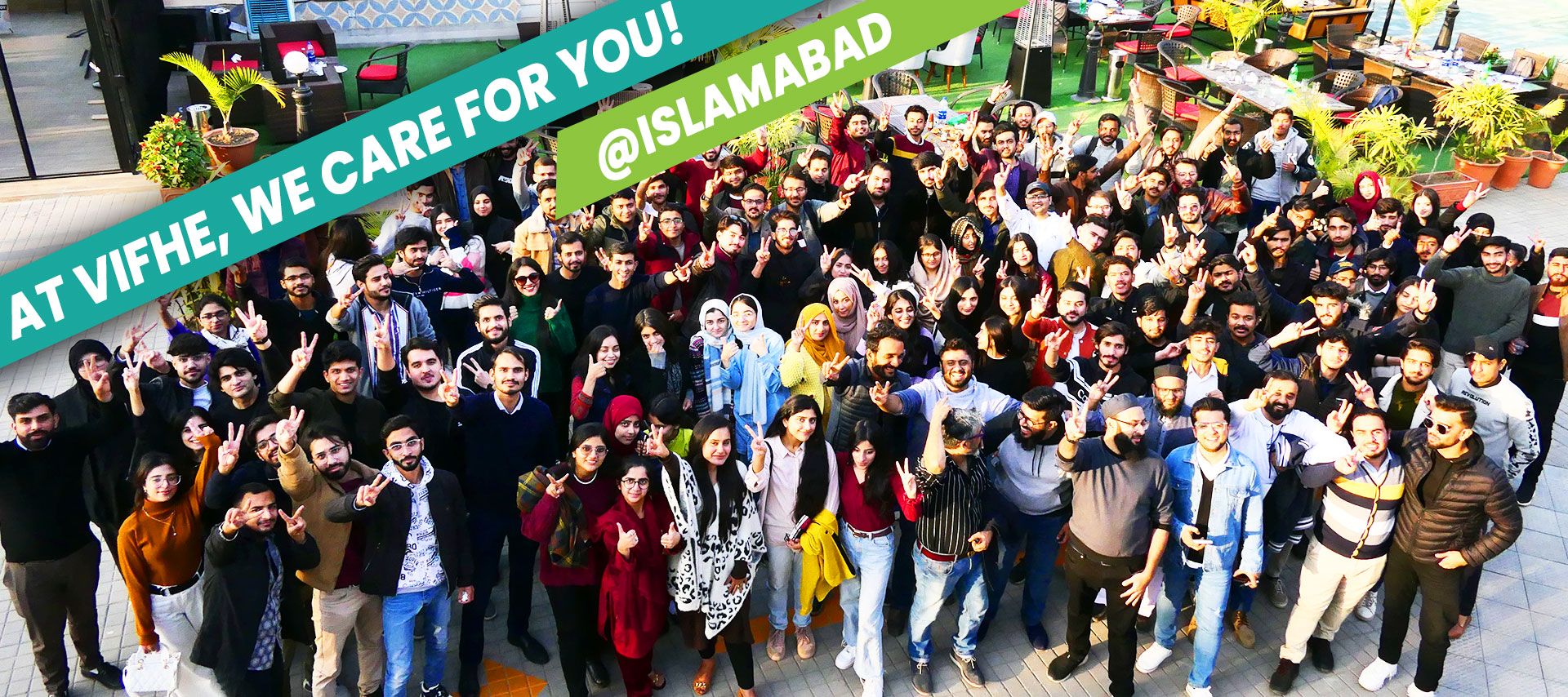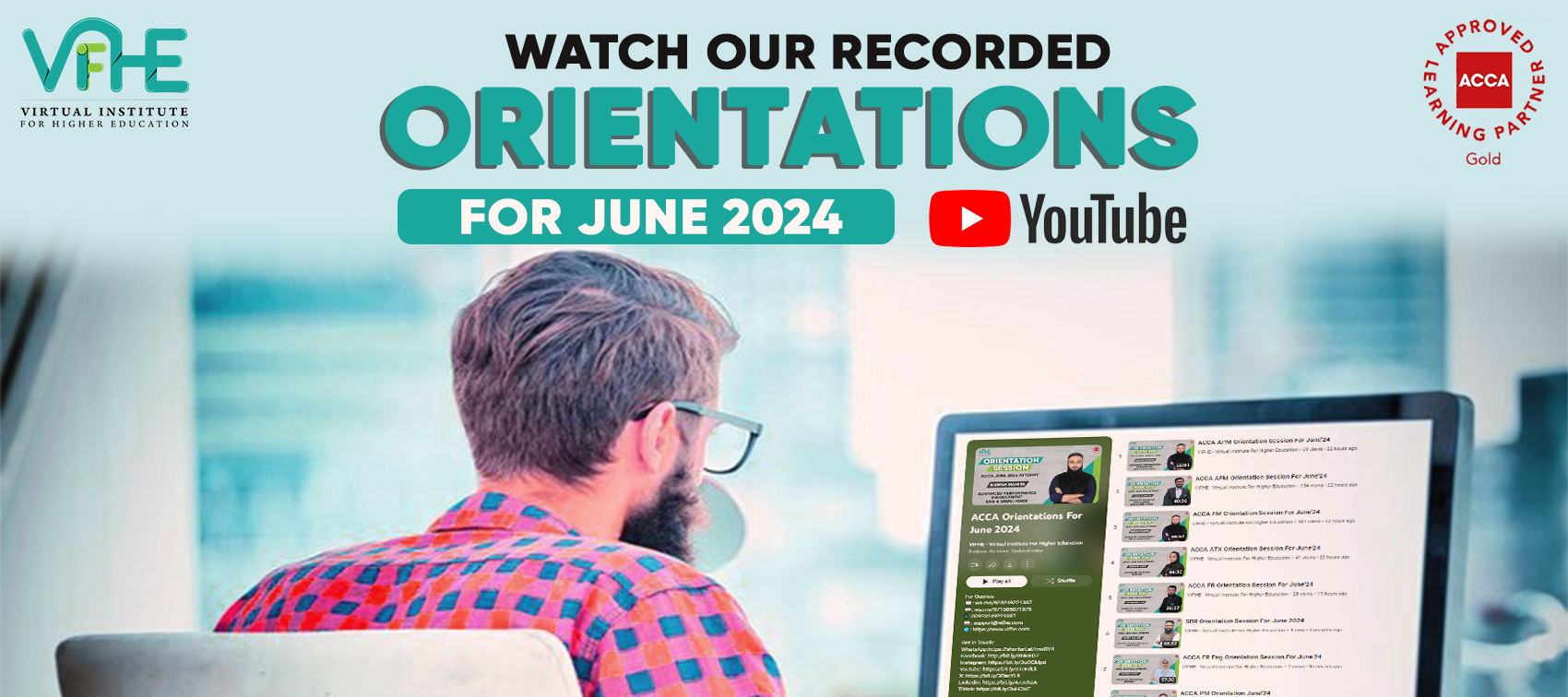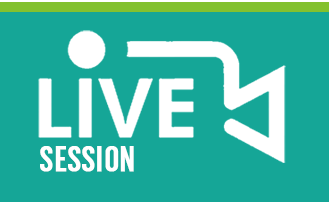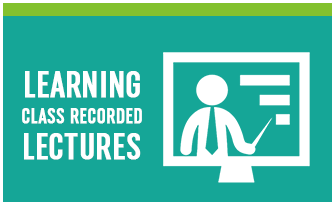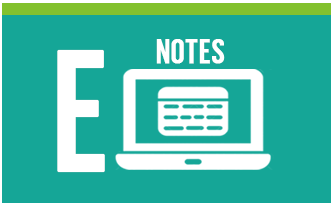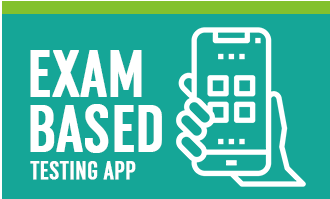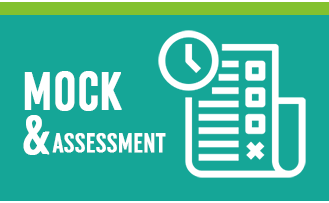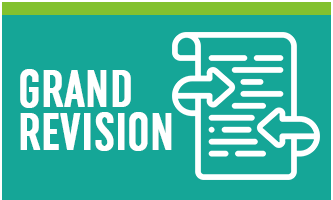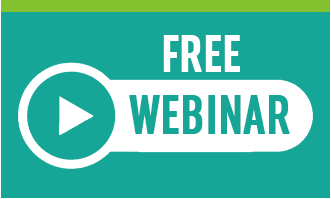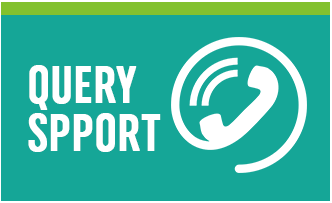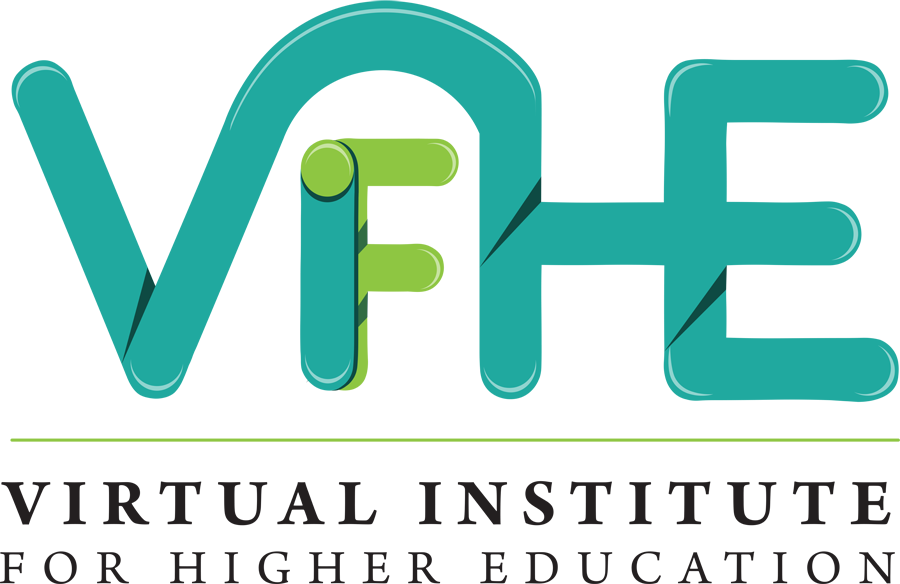Vifhe: #1 Online Learning Platform For Accountancy Recognized Globally
The Virtual Institute for Higher Education, Karachi-based, is the top online institute in Pakistan, catering to and having catered to 1000+ students from 100+ countries worldwide. With unrivaled teaching methodologies and top-notch mentors, Vifhe has surpassed the boundaries of online learning in Pakistan. We do not promise online learning but create professional accountancy individuals globally. We have set up an online institute in Karachi according to the standards set by the top online learning institutes in the world.
Our students are spread worldwide, and our institutes boast 30+ nationwide and worldwide positions, with the majority being outside of Pakistan. Thus, we are true to our word when we say that we provide mentorship for the best online courses in Pakistan. Our focus is on excellence, and we strive to be the best every day. Our experienced and professional mentors are passed through strict surveillance measures so that you get advanced and international teaching techniques. You get what you deserve. We are the top choice for students looking for an Online ICMA Course, ACCA Online Course, or a CFA Course Online.
Our teaching does not only focus on words from the book but also on real-life examples, practical scenarios, and implementation in actual case studies. This gives an in-depth knowledge of understanding and application that is unparalleled compared to our competitors.
Renewing the Concept of Online Coaching
We are the pioneers of bringing an international standard of glass board learning technology to Pakistan, which no other online tuition in Pakistan offers. It is an experience only Vifhians can understand and agree to and is not only limited to Pakistan. Our way of teaching is spread worldwide and inspires the locals, and even the international share of students are amazed by our mentoring ways. If you are considering attaining a qualification, consider only highly qualified institutes of higher education online.
Benefits Of Studying Online
You must be wondering, why opt for e-learning in Pakistan when you have the option of physically attending any institute locally? The answer is simple; we are the only online institute in Pakistan with an ALP status. It means that we are ACCA's official Approved Learning Partner and the only online one that has received this international gold status, and it separates us from the rest. Not only are our students from the globe, but our esteemed tutors are also internationally based, which further creates a barrier between the rest of the other institutes and us.
Just a click away If you want to study online in Karachi or anywhere in the world with all the perks of getting international standards in the comfort of your home, then click on our website and apply for the qualification you desire and feel the luxury of studying in any high-end institute in the world. While other institutes will only transfer their knowledge to you, we will ensure we save the information inside you and transform you into professionals who become successful anywhere they desire.
We will provide you with 24*7 untiring support and ample practice questions, will test your gains through mock exams and then give overviews and repetition through webinars and speed courses. So what are you waiting for? Success is at your fingertips.
